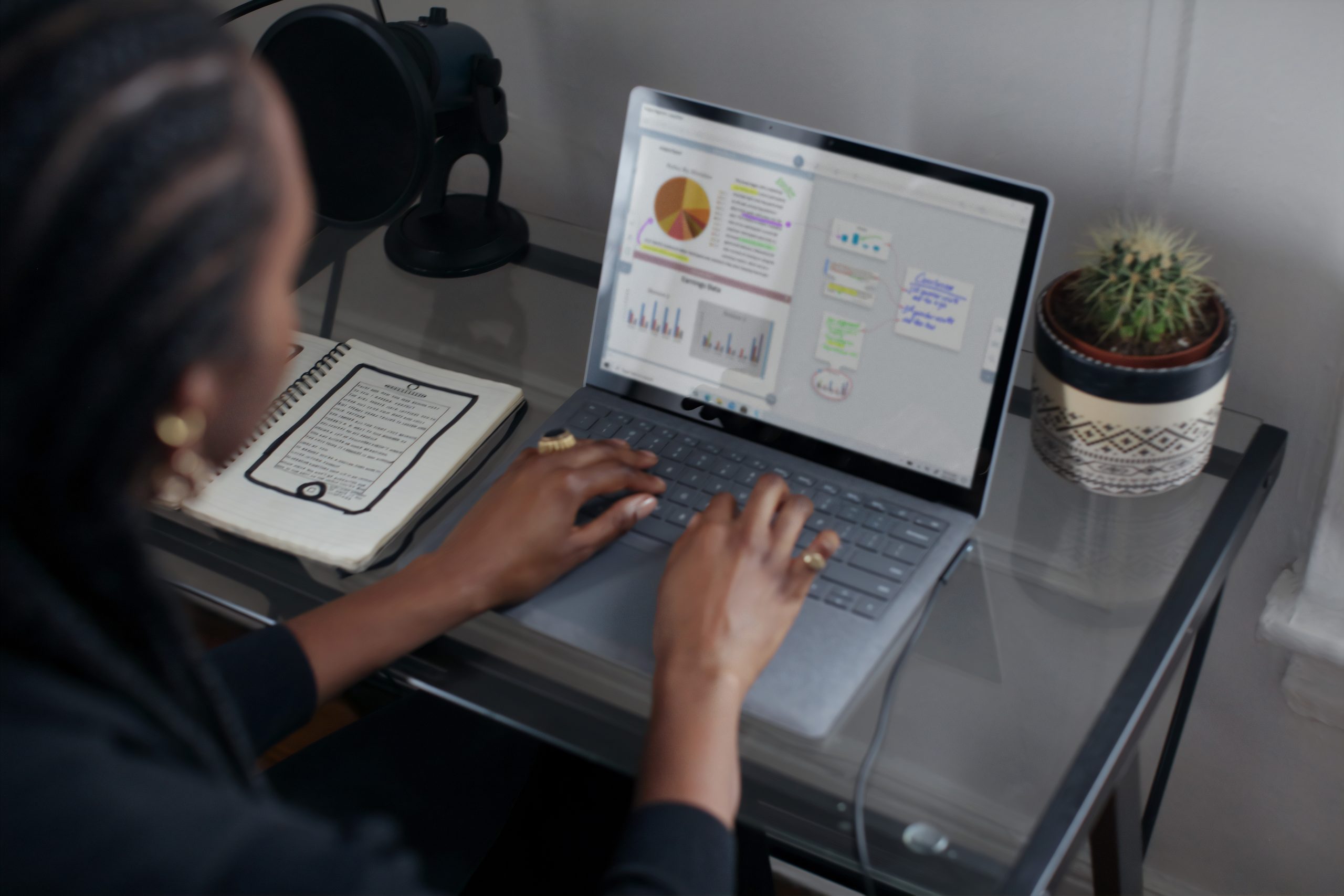17 March 2020
Archive: LBS and COVID-19 website
To help us all navigate the challenges of COVID-19, we have started LBS and COVID-19 a Google Site where we…
Announcements

In this client coaching story, we’re talking with Lisa McArthur, program manager of The Literacy Group (TLG) of Waterloo Region, about how they used Google Sites to create an online resource for learners and linked it to their website’s home page. Learn about how the portal is helping learners continue to work remotely and keeping TLG connected and moving forward while we all work and learn from a distance.
Q: As a community-based learning program, what professional development challenges does your organization face, and how did working with an AlphaPlus coach help you overcome those challenges?
A: Money for professional development (PD) training is always an issue for non-profit organizations like ours. Also, we have a small staff, which means classes stop when individual staff are out for training. While it’s nice to go out for PD individually, working on a common development goal as a team can be better.
When we began consulting with Monika about AlphaPlus’s free technology coaching, she encouraged us to focus on specific projects and outcomes we wanted to achieve. This mindset drove our team-based professional development efforts and helped us to keep our goals and aspirations realistic and achievable.
Q: What website-building technology did the team choose to implement and why?
A: Google Sites provided ease of construction and let us make site content updates and edits that appear right away. We didn’t want a complicated site that is tricky to design and update or requires special web design knowledge to edit. Over time and throughout our coaching, we used the simple, user-friendly Google Sites template to create and post our content. As our coaching progressed, we learned more about the back end of Google Forms, particularly applying them toward improving team projects.
By the time we finished our coaching cycle and training with Monika, we had a solid foundation and scaffold of tools that we could further build out on our own. We were using Google Sites for learner stories (TLG voices), we had created an easy to navigate learner resource portal that lives on the home page of our website, and we created a new/updated computer curriculum. Now we’re developing a tutor resource portal on our own.
Q: How has using Google Sites allowed you to better communicate as a team and engage with other service providers and partners in your region?
A: Based on our analytics provided through Google, our learner portal has reached readers around the world and hosted more than 600 learning opportunities. The portal launched just before the COVID-19 outbreak and TLG’s shutdown. Because the portal was already active, we were able to quickly create a COVID-19 info page that includes updated government information and links to federal, provincial and municipal websites, as well as links to health and well-being resources.
Our jobs page within the portal includes links to employment services and programs available in our regions, and our partner organizations have asked us to add links to their services and online resources so learners can access them all in one place. The next step will be expanding the site to permit public users of the portal to connect with the appropriate LBS program using a referral tool.
Q: How have Google Sites and Google Forms made learning and information-gathering easier for learners?
A: The learner portal created by TLG co-ordinators, Johanna Brown and Julie Sigrist, using Google Sites and the computer curriculum, in particular, are the sites most actively used and frequently updated. The computer curriculum template has given us an edge to add a fifth module that we would likely not have attempted without the knowledge gained through coaching.
Q: Describe the training and workshop process you followed with your coach.
A: Initially, we conferenced online with Monika to review our needs and schedule a four-hour face-to-face training session. After the training workshop, we booked a followup, and Monika made herself available to individuals and pairs of team members for mini sessions and problem-solving. This three-pronged approach meant that no time was wasted and we were free to tackle lots of issues as a team. It really served as problem-based learning, which I feel is the best way to learn and retain knowledge and skills long term.
Q: How will what you’ve learned through the coaching process influence future work and technology implementation, and how has it helped TLG work remotely?
A: Creating the learner portal has been instrumental in keeping us connected to our learners. The portal has also helped keep resources easily available to tutors, too. Soon, the portal will become the primary tool for one of our online classes. Soon, it will be used to connect the general public with various LBS programs.
We’re getting ready to launch our computer curriculum available fully online. This will allow learners to complete the curriculum independently or as part of a Zoom session with a tutor.
The courses and the portal can each be easily updated and edited to accommodate changes like the COVID-19 shutdown. In the future, when things are more stable, we will get back to finishing and launching the volunteer portal.